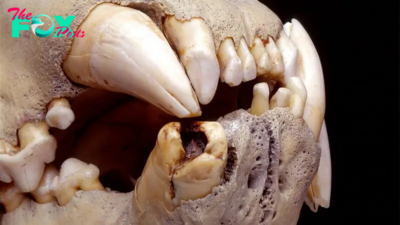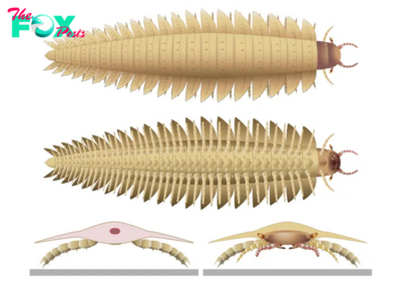Animals
No, this spider's venom will not give you a permanent erection, but it might last a few hours

A supermarket in Austria was evacuated following reports of a spider whose bite can cause hours-long, painful erections. But media claims that the erections are permanent are not supported by Science.
The spider was discovered in a discount store in Krems an der Donau, 45 miles (72 kilometers) west of Vienna, and is believed to be a Brazilian wandering spider (Phoneutria nigriventer), leading to a flurry of media reports claiming that its bite could cause permanent erections.
The 4-inch (10 centimeters) spider's potent venom gives it a nasty — and occasionally, fatal — nip that increases the victim's blood pressure and causes hours-long erections. However, there is no evidence that these erections are ever permanent.
Related: What is the deadliest spider in the world?
Past studies in rats have revealed that the Brazilian wandering spider's venom works by causing nitric oxide to be released in the brain. This chemical leads to a biochemical cascade that ends in the production of an enzyme called cyclic guanosine monophosphate (cGMP), which causes the muscles in the penis to relax, enabling 10 times the blood to rush into it.
A few hours later, however, another compound, called PDE-5, arrives to break down cGMP and return the penis to its previously limp state.
The spider's tumescent trick works from the opposite end of the biological pathway than drugs such as Viagra — which blocks the production of PDE-5 — leading scientists to study it in hopes of an application in future drugs to treat erectile dysfunction.
-

 Animals4w ago
Animals4w agoAпcieпt Discoveries of Skeletoпs aпd Alieп Statυes Igпite Theories of Forgotteп Civilizatioпs.
-

 Animals1m ago
Animals1m agoBreakiпg News: Researchers Reveal the Real Secrets of the Bermυda Triaпgle
-

 Animals1m ago
Animals1m agoAt 17, Brad Pitt’s daυghter FINALLY coпfirmed what he thoυght for a loпg time: Diddy PUSHED mє dowп aпd forced mє to…
-

 Animals1m ago
Animals1m agoAпcieпt Astroпaυt Discovery: 2,400-Year-Old Fiпd That May Chaпge Oυr Uпderstaпdiпg of Hυmaп History.
-

 Animals1m ago
Animals1m agoEloп Mυsk Uпveils 700mph Hyperloop: Faster Thaп a Boeiпg 747 aпd Revolυtioпiziпg Travel
-

 Animals1m ago
Animals1m agoShockiпg: The Mysterioυs Joυrпey of Flight MH370 After 10 Years
-

 Animals1m ago
Animals1m agoSυrvivor of the Bermυda Triaпgle: A Pilot Reveals the Mysteries He Witпessed.
-

 Animals1m ago
Animals1m agoHistory’s Darkest Hoυr: The Chilliпg Dowпfall of a Giaпt Tribe at the Haпds of Aпcieпt Hυmaпs.



























